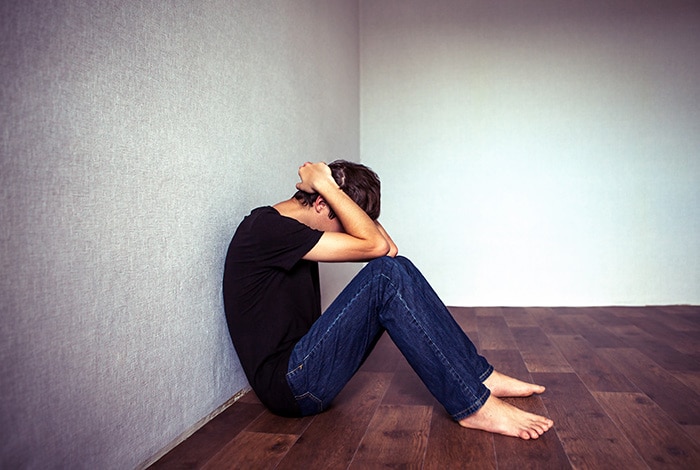“It is not our differences that divide us. It is our inability to recognize, accept, and celebrate those differences”.
Stigma is defined as the shame and negative perceptions that an individual or society holds against a particular circumstance, quality, or person. Individuals diagnosed with a substance abuse disorder, who have a criminal record or who have filed bankruptcy are often deemed “inferior” and stigmatized by society. Stigma creates more significant issues of inequality and injustice and can even push people to the brink of suicide. Substance abuse disorders carry a tremendous amount of shame in today’s world when anyone can potentially be diagnosed with one of these disorders. Addiction can affect anyone from every walk of life, and when stigma plays into addiction, the individual and their loved ones suffer the most. Stigma can often inhibit the individual from seeking treatment and prevent their loved ones from providing support and acceptance to them. For individuals who already carry such a heavy burden, stigma is an unacceptable addition to their pain. When an individual is faced with a substance use disorder, they often feel isolated, causing chronic stress and poor mental health. They may feel shunned by society and feel like they are forced to deal with their addiction on their own in silence, which leads to a vicious cycle of drug misuse, depression, and further isolation that can become very difficult to rehabilitate without extensive treatment. The stigma surrounding individuals who are battling addiction further creates barriers that keep them from seeking help.
As a society, we must learn how to break down the stigma associated with addiction so individuals can better access treatment to seek a more fulfilling life.
Talk openly about addiction
By talking about your battle with addiction, you can inspire others to open up about their struggle with substance abuse. Sharing your thoughts, feelings, and challenges on social media, with friends, on a blog, or just in conversation, can help so many more people than you may realize. Stigma prevents people from sharing about their journey, but when others share their struggles, they are breaking the stigma associated with substance abuse.
Educate yourself and others
Substance abuse disorders have the potential to affect everyone from all walks of life, and there are so many myths and controversies surrounding addiction. A great way to break down the stigma associated with addiction is to educate yourself and others about addiction by using reputable resources such as SAMHSA, NIDA, and drugabuse.gov. Using facts and statistics and learning about the science behind addiction can help individuals see past the derogatory language and false labels that drive the stigma associated with addiction.
Choose your language
Changing the way you speak about addiction is an essential step in reducing the stigma associated with addiction. Avoiding harmful language such as junkie, addict, and alcoholic and replacing them with less stigmatizing terms such as “an individual with a substance abuse disorder” or “a person experiencing a drug problem” can help others accept that addiction is a disease and should not stigmatized.
Practice empathy
Being kind, having an open heart, and being a good listener to those struggling with a substance abuse disorder are great ways to show support. If you know someone who is battling with a substance abuse disorder, offer to help him or her by running an errand, taking them to dinner, going to a meeting with them, or simply being present in the moment with them. Acceptance, compassion, and empathy can go a long way when it comes time to both substance abuse and mental health.
Be honest about treatment
You can fight stigma by saying that you see a therapist and a psychiatrist regularly or admitting that you have been through a substance abuse treatment program. Talking openly about treatment and the challenges associated with treatment can break down the stigma for individuals who need treatment.
AKUA Mind and Body treatment
AKUA Mind and Body is a full-service treatment program that offers a wide range of “east meets west” treatment modalities for many different populations struggling with depression and other mental health and substance use disorders. AKUA Mind and Body treats co-occurring disorders and works diligently with each client and their family to ensure that treatment is specifically tailored to their needs, and not just their disorder.
AKUA Mind and Body offers detoxification, intensive treatment programs, and outpatient treatment programs. AKUA Mind and Body uses a blend of holistic approaches combined with evidence-based treatment to help individuals who have been affected by depression to recognize their underlying triggers and develop healthy coping skills. Regardless of where you are in your recovery process, AKUA Mind and Body can help.




